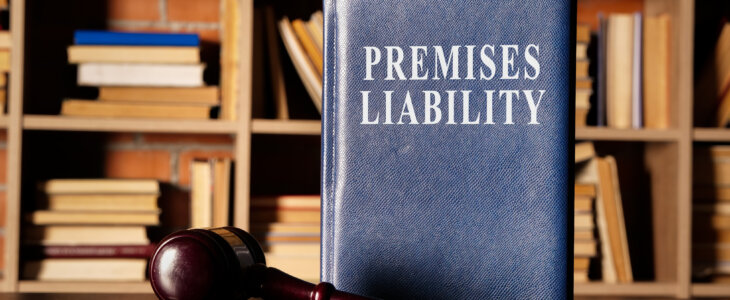Helping Floridians in Coral Springs and Broward County Residents With Premises Liability
Premises liability is a legal concept that holds property owners and occupiers responsible for injuries that occur on their property due to hazardous conditions. In Florida, premises liability laws ensure property owners maintain safe environments and protect visitors from harm. The property owner’s responsibility may differ based on the visitor’s status. We will also discuss the consequences of failing to maintain safe premises and the remedies available to injured parties. Tomlinson Law Group has offices in Florida and skilled personal injury attorneys who can advise you and help you receive compensation if you have been injured as a result of the liability of a property owner on their premises.
Types of Visitors
Under Florida law, the duty of care a property owner owes depends on the visitor’s status, which is categorized into three main types:
- Invitees: Invitees are individuals invited onto the property for business or commercial purposes, such as customers in a store. Property owners owe the highest duty of care to invitees, including regularly inspecting the property for hazards and promptly addressing dangerous conditions.
- Licensees: Licensees are social guests or individuals who enter the property with the owner’s permission but for non-commercial purposes. Property owners must warn licensees of known dangers that are not obvious to them.
- Trespassers: Trespassers are Individuals who enter the property without permission. Generally, property owners owe the least duty of care to trespassers, primarily refraining from intentional harm. However, if the trespasser is a child, the property owner must take reasonable steps to prevent harm due to attractive nuisances, such as swimming pools or abandoned machinery.
Property owners and occupiers in Florida must take steps to ensure that their premises are as safe as possible. They should regularly inspect the property to identify potential hazards and ensure it is safe by repairing known dangers. They should provide adequate warnings of any non-obvious hazards to lawful visitors and take prompt action to rectify dangerous conditions that could cause harm. Failure to adhere to these duties can result in the property owner being held liable for injuries.
Consequences of Failing to Maintain Safe Premises
When a property owner fails to maintain a safe environment, several consequences can ensue:
- Legal Liability: Property owners can be held legally liable for injuries sustained on their premises. This liability can lead to significant financial repercussions, including compensatory damages for medical expenses, lost wages, pain and suffering, and more.
- Reputational Damage: Businesses that neglect safety can suffer reputational damage, leading to a loss of customers and revenue.
- Increased Insurance Premiums: Frequent claims or lawsuits can result in higher insurance premiums, adding to the financial burden on the property owner.
Remedies for Injured Parties
Injured parties have several remedies available under Florida’s premises liability laws:
- Filing a Lawsuit: Injured individuals can file a premises liability lawsuit against the property owner. To succeed, they must prove that the owner owed them a duty of care, breached that duty, and caused their injuries.
- Compensatory Damages: Successful plaintiffs can recover compensatory damages, including 1) medical expenses such as the costs for medical treatment, rehabilitation, and future medical care; 2) lost wages such as compensation for income lost due to the injury; 3) pain and suffering, such as damages for physical pain and emotional distress; and 4) loss of consortium which is compensation for the impact of the injury on relationships with family members.
- Punitive Damages: In cases of gross negligence or willful misconduct, courts may award punitive damages to punish the property owner and deter similar behavior.
- Settlement: Many premises liability cases are settled out of court. Injured parties may negotiate a settlement with the property owner or their insurance company to avoid the time and expense of a trial.
Conclusion
Premises liability in Florida places significant responsibilities on property owners to ensure the safety of their premises. Understanding the duties owed to different types of visitors and the potential consequences of neglecting these duties is crucial. Injured parties have several legal remedies available to seek compensation for their injuries, emphasizing the importance of maintaining safe environments to prevent accidents and legal liability. If you or a loved one has been injured on someone else’s property, consulting with an experienced premises liability attorney can help you understand your rights and pursue the compensation you deserve. Contact Tomlinson Law Group for an initial complimentary consultation. We will work hard to ensure you obtain the results that you deserve.

